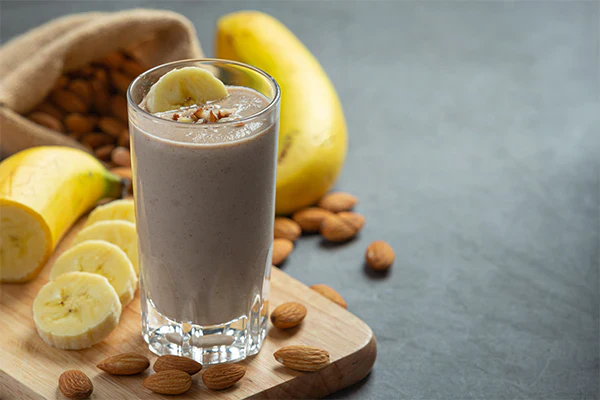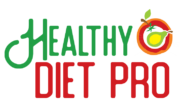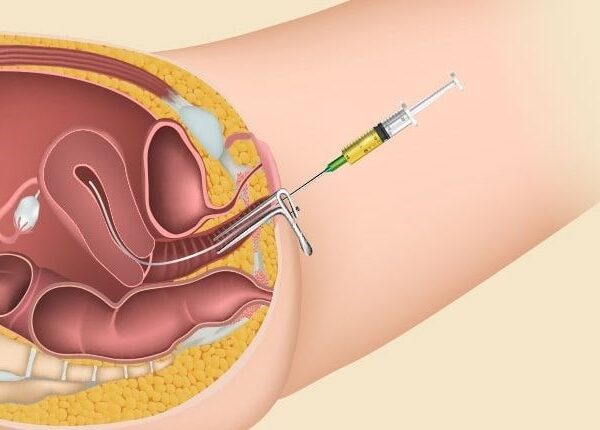Protein shakes are a popular supplement for increasing protein intake. Made by mixing protein powder with water or milk, they provide essential amino acids for muscle growth and repair. However, many people make mistakes that reduce their effectiveness, such as poor timing, incorrect dosages, and inadequate hydration. By addressing these issues, individuals can optimize the benefits of protein shakes and better achieve their fitness goals. Here are some of the common mistakes that you should avoid. To know more about Fitness Refined
NEGLIGENCE OF NUTRITIONAL BALANCE
Many people mistakenly rely too heavily on whey protein as their primary protein source and overlook the importance of a balanced diet. While whey protein provides a quick protein boost, it shouldn’t replace whole foods. A variety of protein sources, such as lean meats, chicken, fish, dairy, legumes, and plant-based proteins, are essential for meeting nutritional needs and ensuring a well-rounded diet.
IMPORTANCE OF HYDRATION
Staying hydrated is key when drinking protein shakes because water helps the body break down and use protein effectively. When you consume protein, your kidneys work harder to filter out byproducts, and drinking enough water keeps them functioning well. Hydration also speeds up muscle recovery and reduces the chances of feeling bloated or tired after a workout. In simple terms, water helps your body get the most out of your protein shake by aiding digestion, supporting muscle repair, and keeping you energized.
TIME AND FREQUENCY
Timing your protein intake can be important, but there’s a misconception that taking whey protein immediately after a workout is the only way to get results. While having protein post-workout is helpful, your body’s ability to use protein isn’t limited to this brief “anabolic window” (a brief post-workout period when the body is believed to absorb protein most effectively for muscle repair and growth). Instead, spreading your protein intake evenly across meals and snacks throughout the day promotes continuous muscle protein synthesis, which is more effective for muscle growth and repair.
IGNORING RESISTANCE TRAINING
Whey protein supports muscle building and recovery, but for the best results, it should be combined with regular resistance exercise. Simply taking whey protein without consistent strength training won’t lead to significant muscle growth. To see real progress, pair a balanced fitness routine that includes weight training with sufficient protein intake.

NOT READING THE LABELS
Before choosing a whey protein supplement, especially when shopping online, it’s crucial to read the labels carefully to identify the ingredients. Many whey protein powders contain additives, artificial flavours, colours, and preservatives that can lower their nutritional value and introduce unwanted calories or health risks. Opt for high-quality whey protein supplements that have minimal additional ingredients, and look for products that have been independently tested for purity and quality.
CONCLUSION
Avoiding common pitfalls with protein shakes can greatly impact your health and fitness progress. Prioritizing high-quality ingredients, timing your intake well, balancing your protein sources, and staying hydrated can maximize the benefits, supporting effective muscle growth and recovery. Rather than using protein shakes as meal replacements or the only source of protein, incorporate them as part of a balanced diet to unlock their full potential in a sustainable, healthy way.





